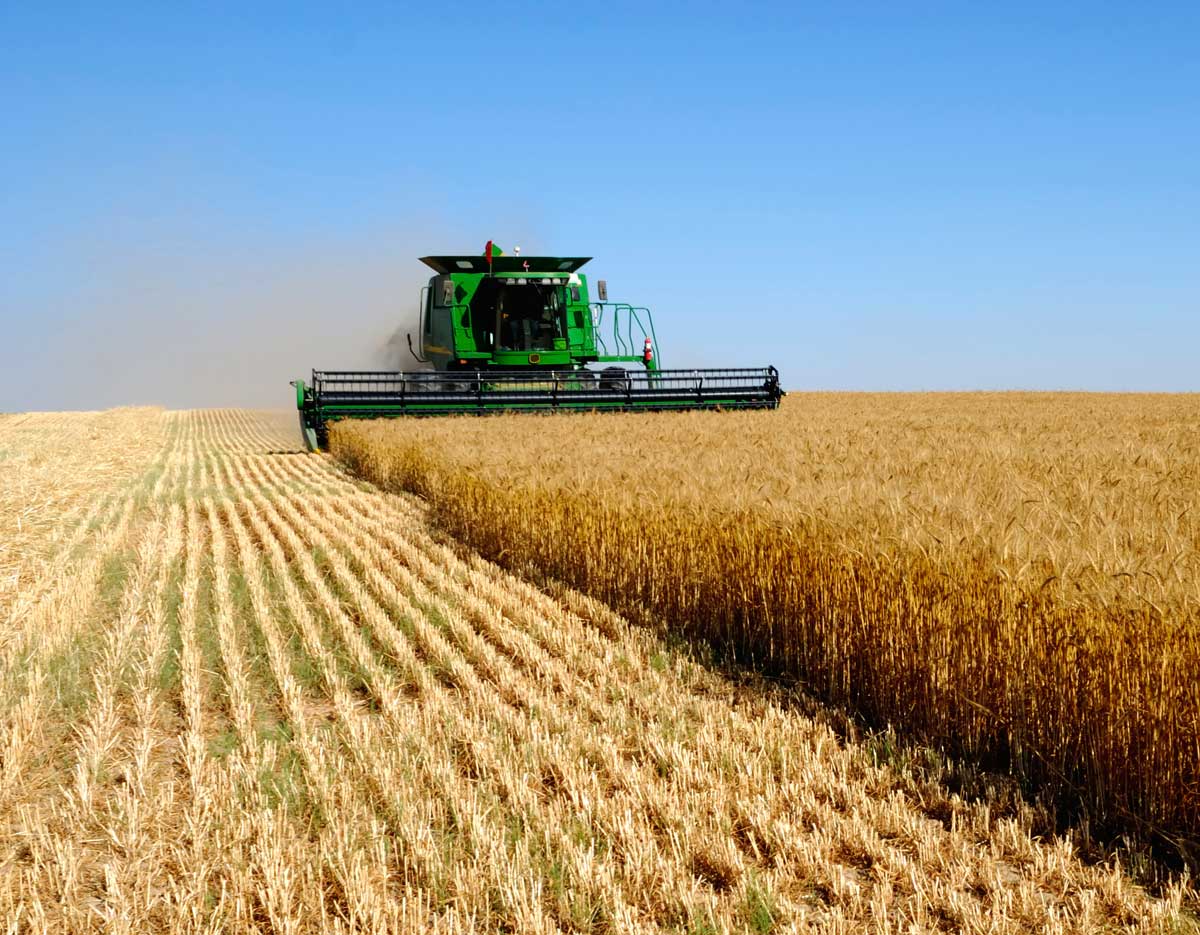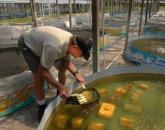Benefits of a private farm
The situation in the country has so developed that it is personal subsidiary plots (PSPs) that have taken a leading position in the agricultural sector of the economy. What are such farms and what is the advantage in this type of entrepreneurial activity?
What is a personal farm
To begin with, it is worth mentioning that private household plots are mainly a family business. The family, owning land, utility rooms and equipment, runs a personal household: it grows livestock, vegetables or fruits, and the resulting crop can not only be consumed for their own needs, but also sold. That is, the property of private household plots is both the crop received and the income from the sale of it.
Unlike large agricultural producers, the owner of private household plots manages his farm at his own discretion. This does not require any special knowledge in management or work with employees. This type of activity is a little risky, as it is based on personal responsibility, self-organization and initiative of the owner of private household plots. Another advantage of maintaining private household plots is the non-interference of the legislature in the activities of citizens.
Benefits of the land
In accordance with the current legislation, this type of activity does not apply to entrepreneurial activity (Article 2 of the Federal Law No. 112 of 07.07.2003). And the income received as a result of such activities does not apply to profit from entrepreneurial activity (paragraph 4 of article 2 of the Federal Law No. 112 of 07.07.2003).
What are the requirements for land plots for private household plots
Registration of private household plots as a type of activity is not carried out. A citizen receives the right to own private household plots along with the official registration of the right to a land plot. But accounting for subsidiary farms is carried out by local governments in household books. This is necessary for the owner of the private household plot to receive certificates indicating that the products he sells are the result of the activities of his private household plot. Such a certificate exempts the owner from taxation (Article 217 of the Tax Code of the Russian Federation).
Any capable citizen can obtain a land plot for private household plots in two ways: administratively or by concluding civil law transactions:
- In Art. 64 of the Land Code of the Russian Federation sets out the basic rules for regulating the provision of a land plot in an administrative manner. A certain citizen transfers a land plot to the ownership of a local self-government body. A person wishing to become an owner submits an application for the allocation of private household plots to the local government.
- The second option for acquiring a land plot for private household plots is the execution of transactions between citizens. A land plot can be allocated as a share in kind, purchased or obtained by exchange, donation or inheritance (Law of the Russian Federation N4196-1 of 12/23/92).
Land plots allocated for private household plots are divided into two types: homestead and field.
- The household plot is located within the city and may contain residential buildings.
- The field site is located outside the settlement and the legislation prohibits the construction of any buildings on its territory.
To maintain private household plots, you can own two types of land. The territory of the land plot for private household plots should not exceed half a hectare. True, in some regions, local legislation allows other areas - but not less than ½ hectare. If farming requires a larger land plot, then the owner has the right, in accordance with paragraph 5 of Art. 4 of Federal Law No. 112, to increase the specified limit by five times.
Sale and processing of products
In order to sell products that are the result of private household plots, the availability of a certificate from local governments is the most important factor. Only this certificate exempts you, as the owner of private household plots, from taxation for doing business.

If you sell your products on the market, you will not need cash registers either. The owner of private household plots is not an entrepreneur and does not belong to agricultural producers with a legal form of ownership (legal entities). Therefore, it has certain tax benefits. For example, an exemption from personal income tax or a transport tax exemption for equipment. Pension insurance has a voluntary form - the owner himself decides whether to pay contributions or not.
In conclusion, I would like to emphasize the disadvantages of this type of activity. The main disadvantage, as mentioned above, is the limited area of \u200b\u200bthe land. Another important disadvantage is financial assistance from the state. Eligibility for such assistance is very limited when compared to similar entitlements for farms.
Popular
- Bull and bear on the stock exchange: the "animal" face of the stock market
- Stages of opening a private dental office
- How to open your store - step by step instructions for beginners + real life example
- Sales revenue - formula and concepts
- What is the difference between margin and profit - calculation formulas
- Advice 1: How to switch from a simplified system to a system with VAT payment
- The concept of "car depreciation" - what is it?
- Business of yesterday: 7 main problems of modern realtors :: Opinions :: RBC Real Estate
- What is the difference between public and non-public types of joint-stock companies, partnerships and cooperatives?
- Simple business - private household plots (personal subsidiary plots)




